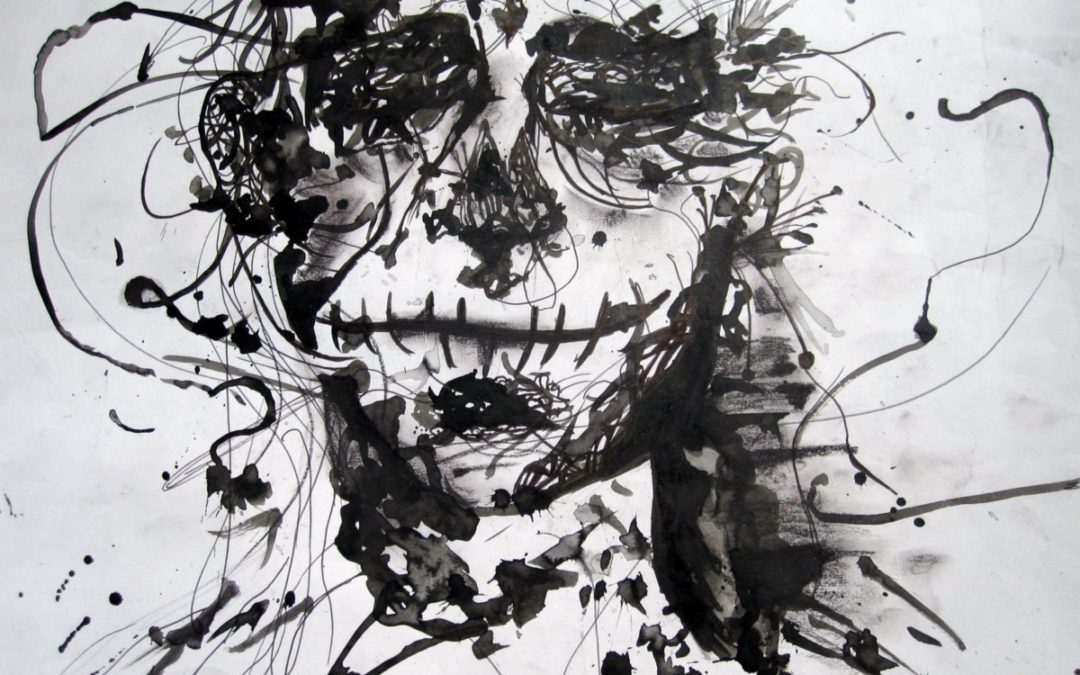As a writer, and a woman, and a human, I’ve thought a lot about trauma. And in this cultural moment of #metoo, gaslighting, nationalism, disenfranchisement, and violence against just about every kind of human that is not a replica of those in power, and also our planet and other living things, I have grappled with the question of how writing can help us heal that, for the writer and the reader. Electric Literature published my thoughts on this, which begin:
“I started writing my second novel in the aftermath of violence. In a more-common-than-you-think incident — one that is often used for titillation or as the opening scene of some revenge movie involving a father or a husband with a gun — a friend of mine was raped. I was haunted by the details: the red binders of mugshots my friend searched through at the police station; the bizarrely stubborn fingerprint dust smeared all over her walls. I was haunted by what happened to her but also what had happened to me, because of course I also have my own versions of this story, which I have never told.
“It’s not that I don’t want to. It’s more that I don’t know how. For me, as a fiction writer, narrative has a purpose: it’s how we humans create meaning. It’s where our lessons are. Our maps. But my stories have no beginning, no ending. No cause and consequence. No comeuppance.
“They happened. I escaped.”
To read the rest, click on this link, which will send you to Electric Literature: How Writing Fiction Helps Me Give Shape to the Chaos of Trauma
